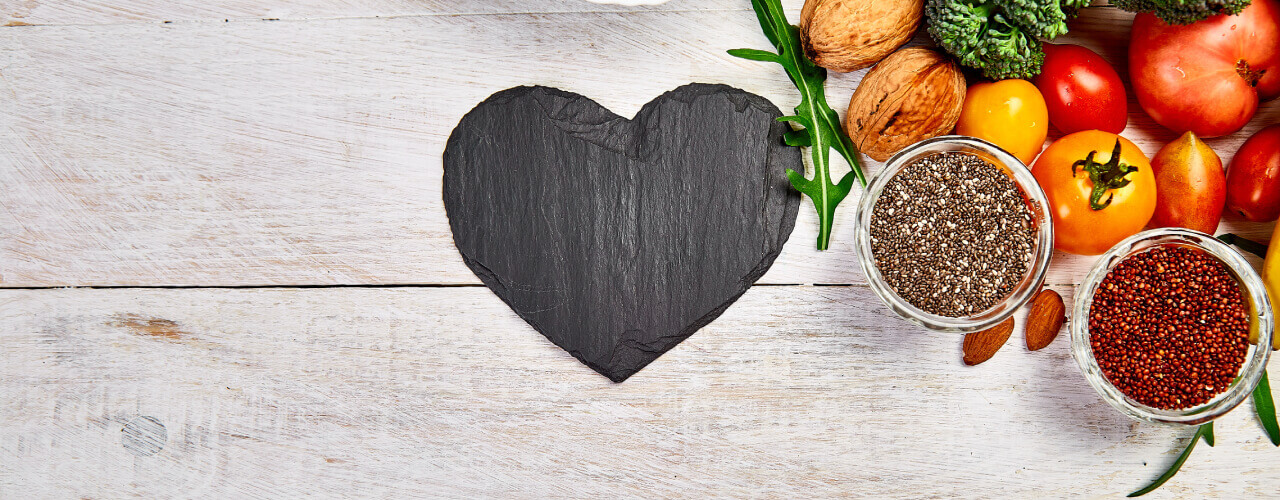You Know The Saying…We Are What We Eat!
If you’re already visiting a physical therapist for internal pain and inflammation, you’re aware that this is a condition that can have a significant impact on your general health. Physical therapy can assist whether you have a particular diagnosis for your inflammation (such as osteoarthritis) or you’re not sure what’s causing your back and joint pain.
Chronic inflammation, according to Harvard Health, can cause a range of health problems, including heart disease and diabetes. One strategy to minimize inflammation is to eat a nutritious diet. For further chronic pain relief, your physical therapist may recommend a diet rich in anti-inflammatory foods.
Continue reading to learn more about the foods that promote inflammation, as well as the foods you should eat to minimize inflammation!
What is causing my pain and inflammation?
You might be reading this and groaning, “I already know I eat so many things that aren’t good for me! I just ate an oatmeal cream pie an hour ago!”
This is the truth — you probably do already know that sugary foods are bad for your waistline and your heart, so that’s no surprise there. Whether your favorite snack foods are overly sweet or salty, it’s time to start slowly easing them out of your meals and opting for healthier snacks in between.
When it comes to food, people frequently pick convenience over health. Stopping eating foods related to inflammation is one of the quickest ways to reverse it caused by an unhealthy diet! This implies that if you want to get the most pain relief, you’ll have to change the way you think about meal preparation and what snacks you eat during the day.
Junk food and processed boxed meals are high in sugar, preservatives, and trans fat, all of which are bad. Red meat, fried foods, doughnuts, pastries, white rice, and white bread should all be avoided. If you’re particularly sensitive to inflammation and painful flare-ups, these are some of the worst foods to eat.
Replacing unhealthy foods can decrease pain and inflammation
Don’t worry; there are many nutritious and convenient alternatives to overly processed, unhealthy foods.
You can use whole-grain bread instead of white bread, brown rice instead of white rice, and semolina pasta instead of garbanzo bean pasta! Instead of a hamburger for lunch, try something healthier like fish, poultry, or veggie burgers.
Make sure that if you’re taking fish oil pills for omega-3 inflammation protection, you’re also adding more actual fish to your diet! The fish that have the highest Omega-3 fats are herring, salmon, trout, sardines, mackerel, and tuna. All of these may provide some pain relief when inflammation is the culprit.
Salads and greens with tomato salsa, vinaigrettes, greek yogurt, lemon juice, fruit salsa, or herbal olive oil are better than side dishes with creamy sauces or dressings.
Knowing how to properly prepare your food in an anti-inflammatory diet is important as well. You should not fry foods or ordering fried foods for take-out or when you go to a restaurant. Instead, choose foods that have been grilled, roasted, or steamed!
Eat your veggies and fruits!
Have you ever noticed how the colors of recommended fruits and vegetables create a rainbow? This “rainbow” of fruits and vegetables is excellent for heart health and boosted immunity. Eating colorful foods also fights inflammation. Try to fit more colorful fruits and vegetables into your diet. Dark green veggies like spinach and kale, orange veggies such as sweet potatoes and carrots, red and purple foods like tomatoes and beets, and yellow ones like corn and sweet peppers are excellent choices to slip into your meals and snack dishes.
Spices, herbs, and supplements
Many herbs, spices, and supplements are anti-inflammatory and can provide exceptional pain relief. Fish oil and multivitamin pills are two supplements that are known for their anti-inflammatory properties.
Choosing a good herbal supplement such as green tea, cat’s claw, devil’s claw, and Boswellia are great ways to develop a healthier diet.
When you’re searching for healthy substitutions, look for more nutritional foods and options that will make a direct impact on your inflammation and swelling. Add these to what you’re eating every week, and see if your health improves overall in response.
Turmeric and fresh or powdered ginger are also good options to sprinkle on foods or steep as a soothing beverage. There are tons of great recipes out there for herbal drinks as well!
Call our clinic today!
It’s true that nutrition and a healthy diet can help combat inflammation, but that’s not all! It’s important to consult with a physical therapist about other ways to reduce inflammation and pain, as well as stay in great shape.
Physical therapists can teach you how your exercise routine can be adjusted to fit with your dietary changes. Together, these changes will reduce the pain and inflammation that causes you discomfort.
Contact our office today to learn more about how physical therapy and an anti-inflammatory diet can make a difference in your life!
Sources:

Dr. Asha Pumarada is a licensed Physical Therapist and co-owner of Complete Physical Rehabilitation. With over 20+ years of treatment experience, she is a McKenzie Certified back pain specialist, an LSVT BIG certified specialist for Parkinson’s disease, and is one of the most sought after vestibular therapy specialists in Elizabeth and Jersey City, they specializing in the treatment of all dizziness, vertigo, and imbalance issues along with her husband, Dr. James Pumarada.

